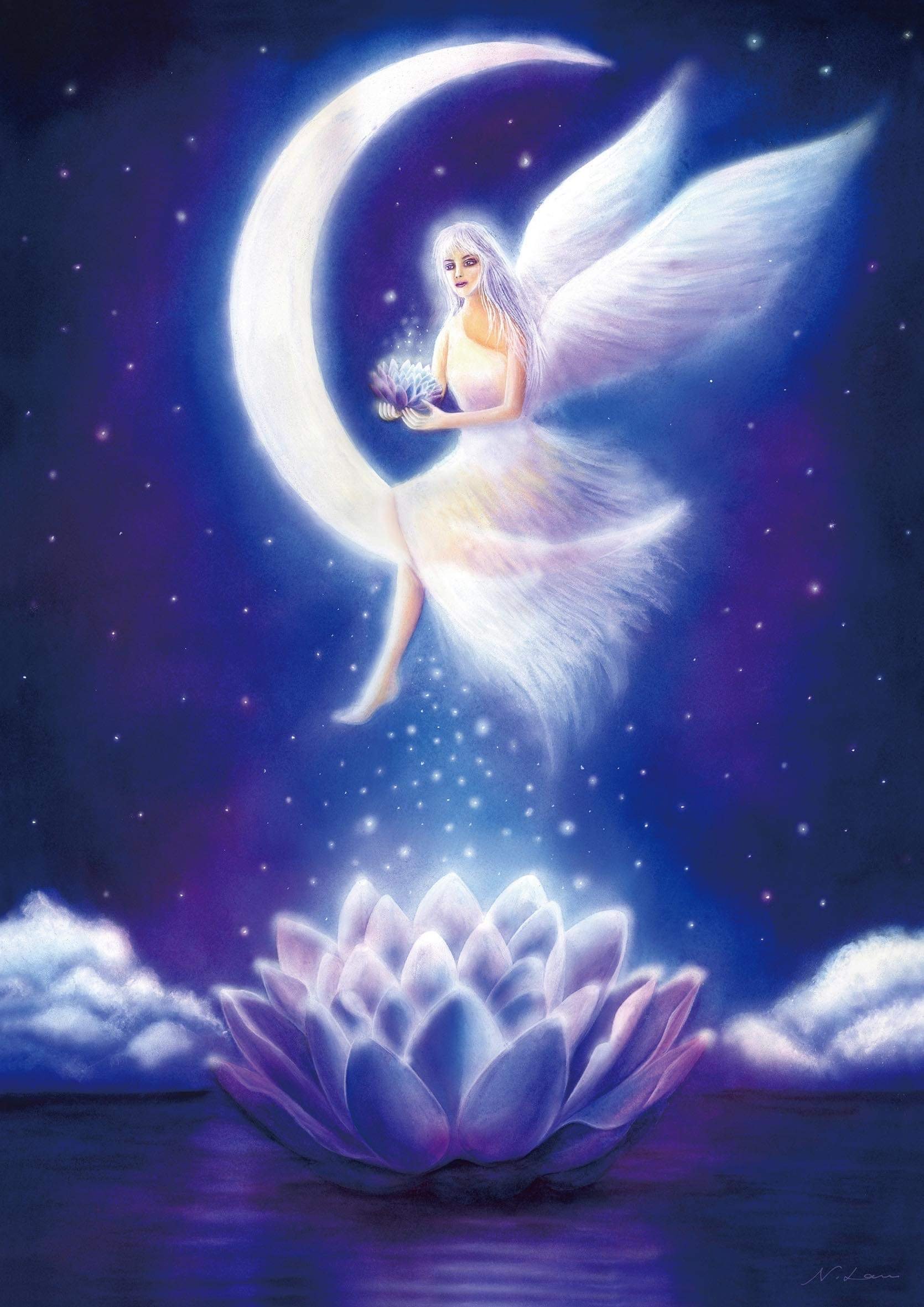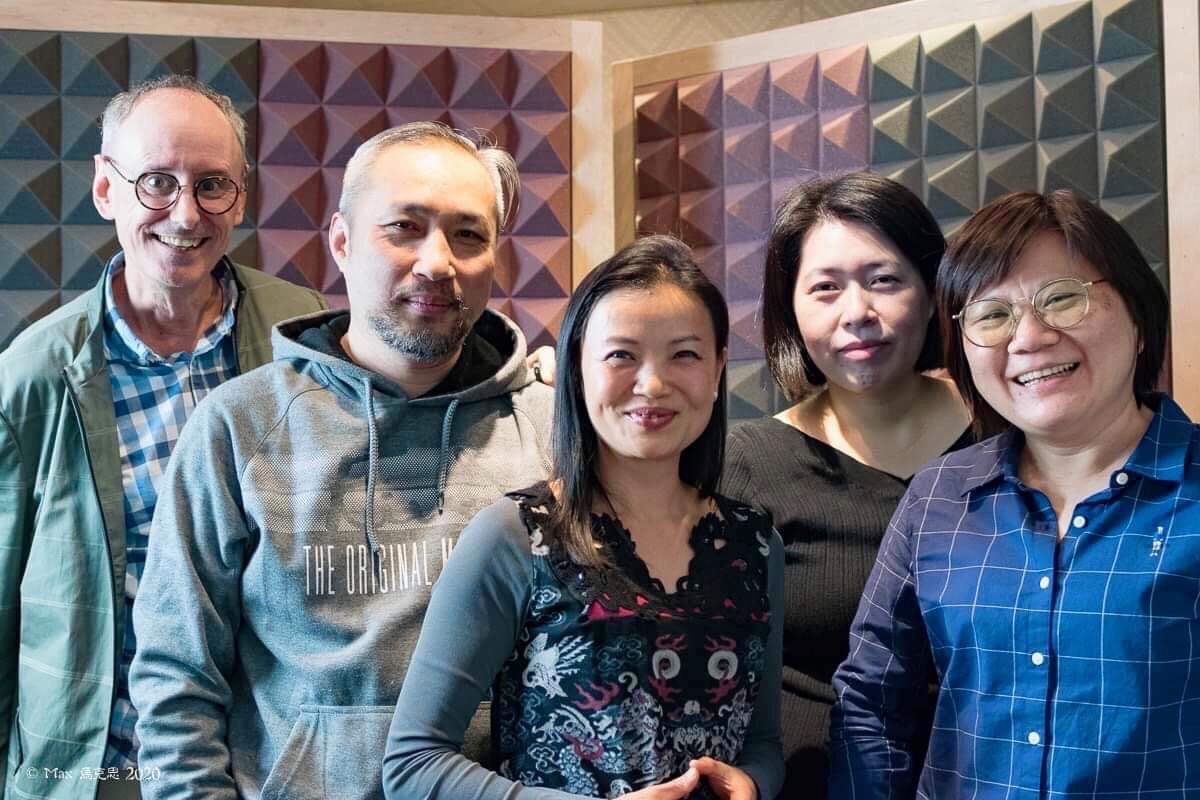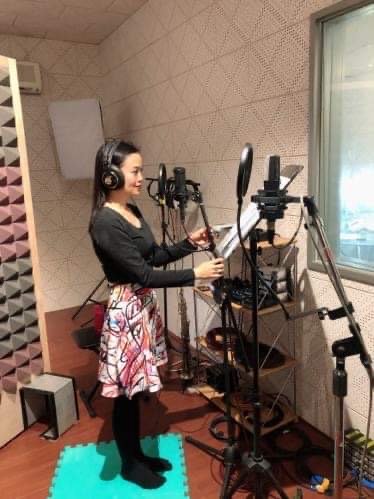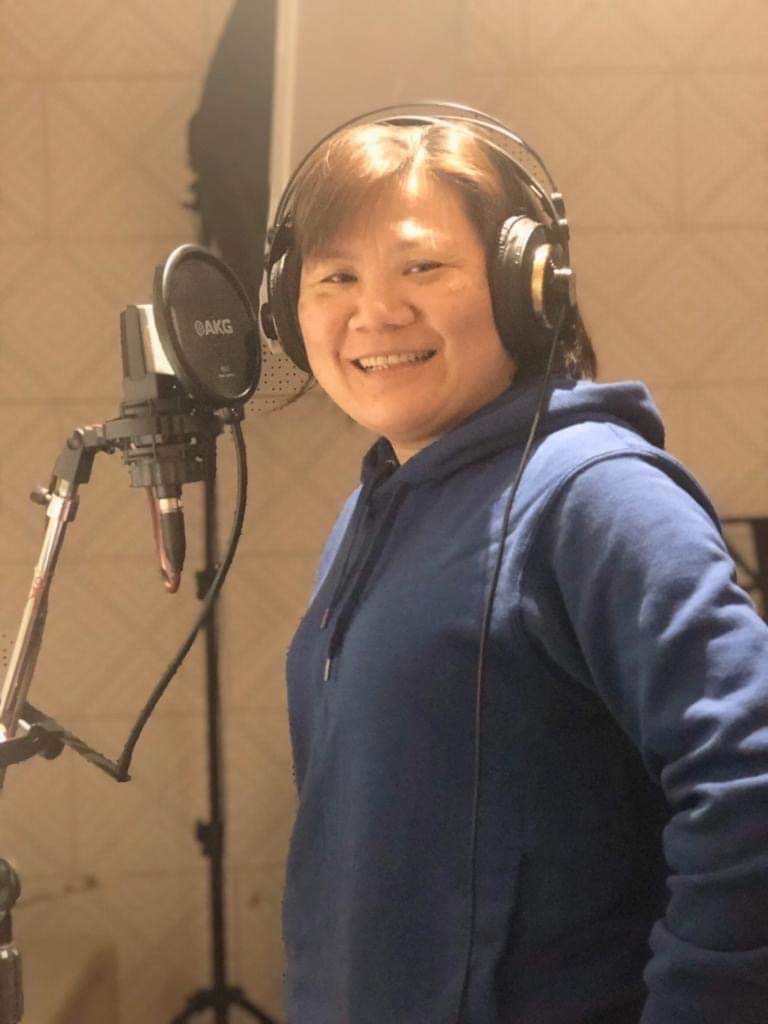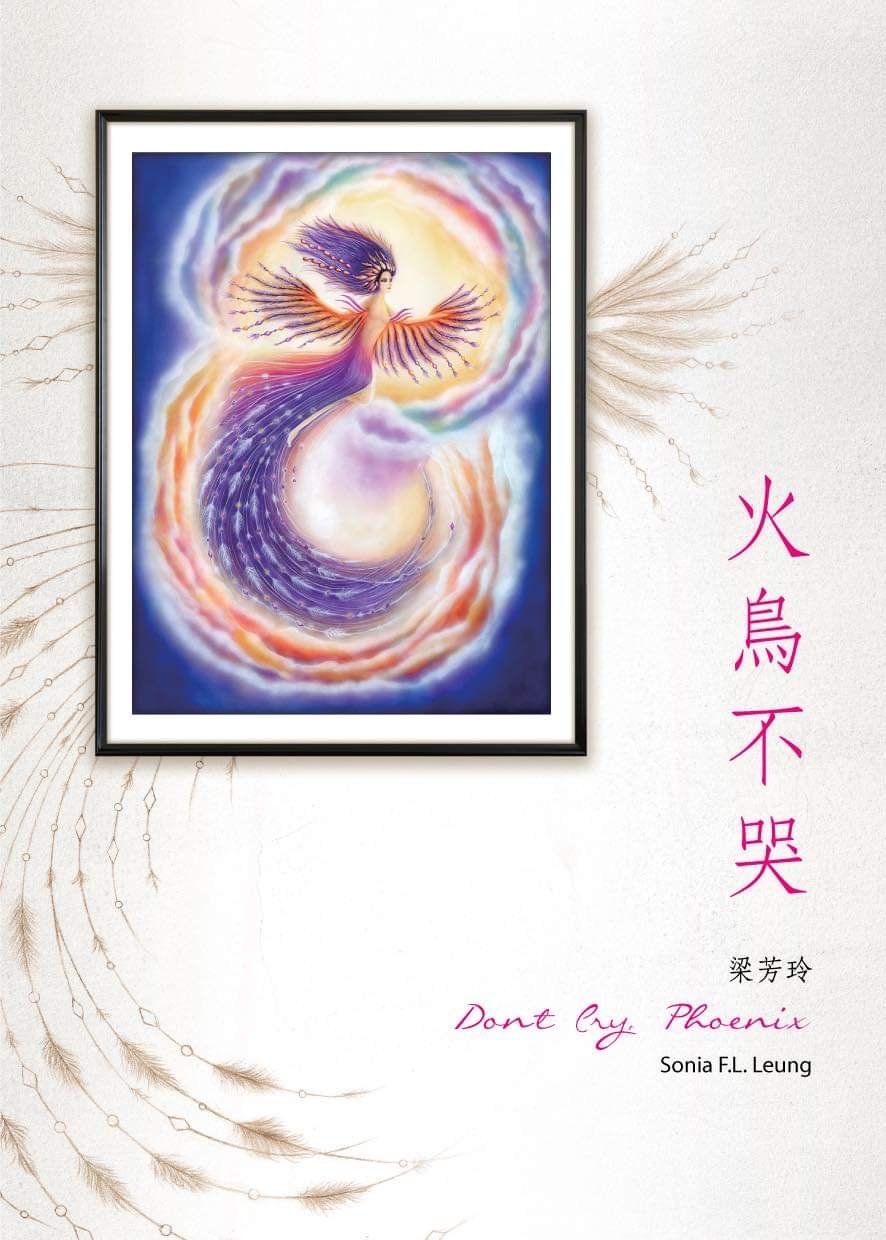DON’T CRY, PHOENIX by Sonia F.L. Leung
DON’T CRY, PHOENIX is a collection of 56 poems from poet Sonia F.L. Leung. The first things you notice about the collection are the striking images of a Phoenix and angel on the front and back of the book.
The colors are bright and hypnotic, much like the poetry between the covers. Truly a pleasant read, the poems in DON’T CRY, PHOENIX are written in a clear, easy to understand manner. The meanings are full of hope and wonder at the beauty of life, like in the poem, Aspirations: “Far away / there in the sunshine / are your highest aspirations”.
This is noteworthy considering the obstacles Sonia has endured throughout her life, and it reveals the bright spark the poet carries for a future that can be so much better than the past, no matter what trials happened in yester-years.
Within the book, each poem is written in Chinese and English, which generates additional layers of complexity in DON’T CRY, PHOENIX. I personally think the bilingual aspects add to the intrigue, the book straddling multiple cultures just as the poet does.
Sonia, born in China and living in both Hong Kong and Taiwan during her life time, studied writing at Ohio University in Hong Kong. The ease with which she wields English is evident in the lines of her poetry, as seen in the opening lines from the poem, On a Desert Island All Alone: “My Dearest / Pease wipe your tears / Have a piece of candy / And tell yourself / Life is sweet”.
In addition, there is a CD of music. Unfortunately for this reviewer, no CD players exists on any of his devices to listen to the tunes.
The songs are composed by Adeline Huang and Sonia, both of whom do the vocals. As related in a private message by Sonia, “The CD was recorded and produced in Taipei. The book – poems, paintings and songs – was a labor of love. We, Noel, Adeline and I, wished to send love and energy to the world in the form of our arts.”
DON’T CRY, PHOENIX, is broken up into five sections: Individual, Love, Friendship, Family, and Society. Each section defines what it is to be human in civilization. The poems of Individual explores the person, their hopes and dreams, their memories and regrets. “You wake up one day with a burning heart / And wonder who and where you are / From then on, the search begins”.
The place where a person can belong and their potential destination as they walk the road of their life fills the pages of Individual.
Love speaks of relationships, between men and women, of nature and humans. “Everyone has the right / to love and be loved / when you don’t feel brave enough to love / please allow yourself to be loved”.
Often prosaic, the poetry spins narratives of longing, of love at first sight and unending happiness of true unions. “Baoyu stares in awe at Daiyu. He extends his hand to her. Rosy-cheeked, she accepts. / They leave the party and that grand garden. / Together, Baoyu and Daiyu live happily ever after”.
But then, as time passes, the poetry speaks of luster that can be lost as the person that one fancies grows older in time. “Soon after that actual married life set in. He found Zijun quickly losing her lustre… / He told her that he had stopped loving her”.
The initial sparks may cool, but still, somewhere in the memories of love’s youth, you pine for that passion which can never be again.
Friendship, too, explores the unions of individuals, of friends, and how time affects relationships. “The two girls were inseparable in their tender age / Now they are familiar strangers to each other”.
A subtle wording written powerfully.
One of the books most poignant and bittersweet poems comes in the section, Family, and is titled, Sisters: “I’m holding onto this black and white photograph / Of my younger sister and me / She’s forever eight, I’m always ten”.
DON’T CRY, PHOENIX is a wonderful book of poetry full of lessons learned from a lifetime of experiences, some painful and tragic, some beautiful and full of light. This only makes sense, as the phoenix must suffer death in order to be reborn.
Sonia F.L. Leung was born in 1974, in the Fujian province of China. She spent her girlhood in Jiyang and Nanan counties, and subsequently grew up in Hong Kong. In 1990, she ran away to Taiwan, drifting between Taiwan and Hong Kong. She settled in Hong Kong in 1992, working during the day and studying in the evenings. In 1995, Sonia obtained the US General Education Diploma or GED. She then enrolled in the Ohio University Hong Kong program.
Visit Sonia’s webpage for more information.
For more information about the artist N. Lau, visit her webpage here.

